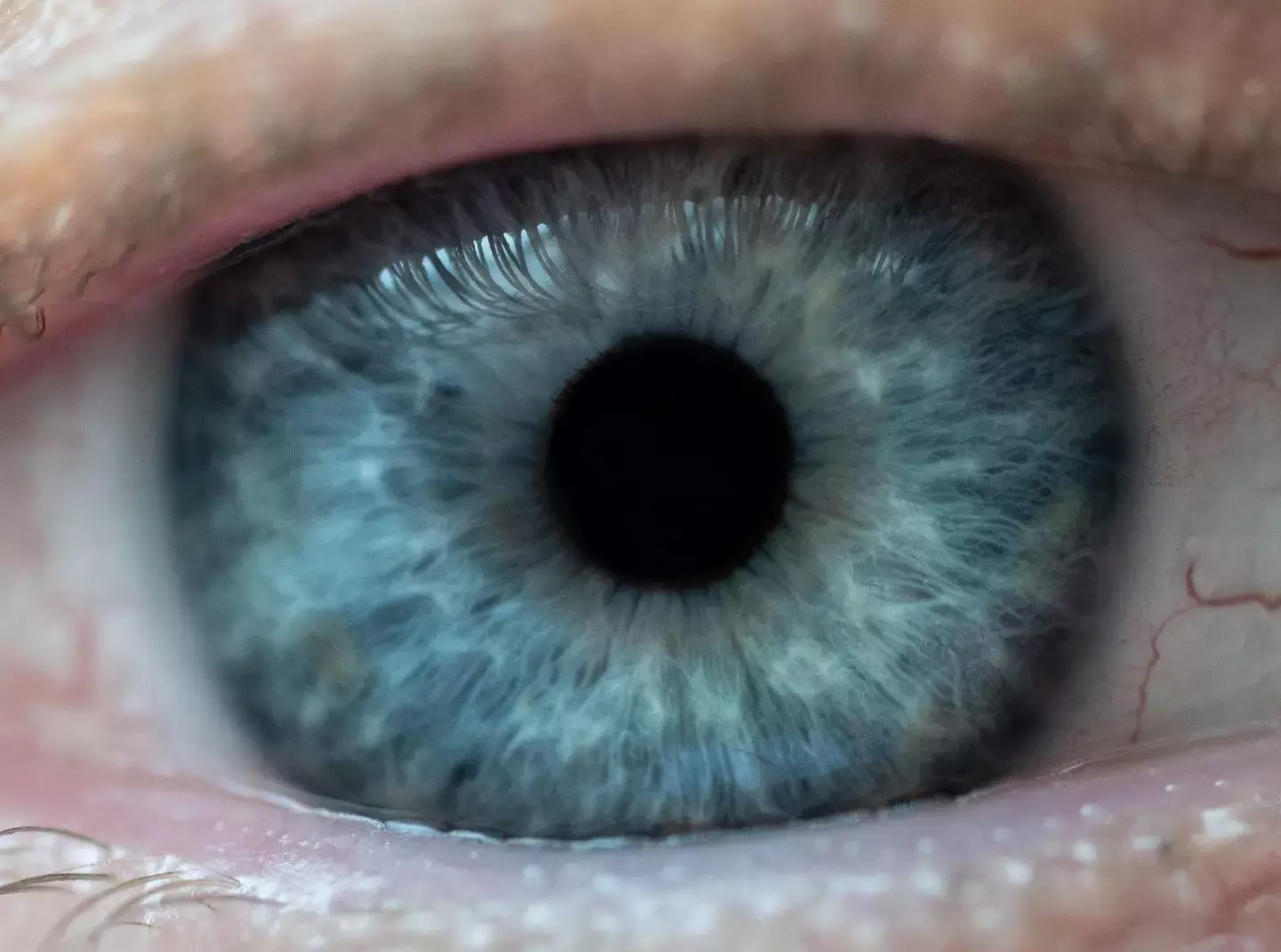- Home
- Medical news & Guidelines
- Anesthesiology
- Cardiology and CTVS
- Critical Care
- Dentistry
- Dermatology
- Diabetes and Endocrinology
- ENT
- Gastroenterology
- Medicine
- Nephrology
- Neurology
- Obstretics-Gynaecology
- Oncology
- Ophthalmology
- Orthopaedics
- Pediatrics-Neonatology
- Psychiatry
- Pulmonology
- Radiology
- Surgery
- Urology
- Laboratory Medicine
- Diet
- Nursing
- Paramedical
- Physiotherapy
- Health news
- Fact Check
- Bone Health Fact Check
- Brain Health Fact Check
- Cancer Related Fact Check
- Child Care Fact Check
- Dental and oral health fact check
- Diabetes and metabolic health fact check
- Diet and Nutrition Fact Check
- Eye and ENT Care Fact Check
- Fitness fact check
- Gut health fact check
- Heart health fact check
- Kidney health fact check
- Medical education fact check
- Men's health fact check
- Respiratory fact check
- Skin and hair care fact check
- Vaccine and Immunization fact check
- Women's health fact check
- AYUSH
- State News
- Andaman and Nicobar Islands
- Andhra Pradesh
- Arunachal Pradesh
- Assam
- Bihar
- Chandigarh
- Chattisgarh
- Dadra and Nagar Haveli
- Daman and Diu
- Delhi
- Goa
- Gujarat
- Haryana
- Himachal Pradesh
- Jammu & Kashmir
- Jharkhand
- Karnataka
- Kerala
- Ladakh
- Lakshadweep
- Madhya Pradesh
- Maharashtra
- Manipur
- Meghalaya
- Mizoram
- Nagaland
- Odisha
- Puducherry
- Punjab
- Rajasthan
- Sikkim
- Tamil Nadu
- Telangana
- Tripura
- Uttar Pradesh
- Uttrakhand
- West Bengal
- Medical Education
- Industry
Fluoxetine may lower risk of Age-related macular degeneration among elderly

CAPTION
Researchers have developed a potential new treatment for the eye disease glaucoma that could replace daily eye drops and surgery with a twice-a-year injection to control the buildup of pressure in the eye.
CREDIT
Rob Felt, Georgia Tech
Age-related macular degeneration (AMD) is a prevalent eye condition among the elderly. It is caused by inflammation of the macula, which is the region of the eye that regulates crisp, straight-ahead vision.AMD is now the most frequent cause of visual loss in persons over the age of 50 all over the world.
A new study conducted by Meenakshi Ambati and team showed that patients with depression who were treated with fluoxetine had a lower risk of acquiring dry AMD. These data, taken together, point to fluoxetine as a possible drug-repurposing candidate for dry AMD.
The findings of this study were published in Proceedings of the National Academy of Sciences of the United States of America.
Dry AMD causes vision loss due to deterioration of the retinal pigmented epithelium (RPE). The accumulation of Alu RNAs, which are noncoding transcripts of a human retrotransposon, contributes to RPE cell death. By activating the NLRP3-ASC inflammasome, Alu RNA causes RPE degeneration. Researchers investigated the possibility of repurposing medications previously licensed for other illnesses to treat dry AMD.
An investigational medication known as CY-09 has been discovered to inhibit the inflammatory process that causes dry AMD by attaching to a protein known as NLRP3. The testing procedure necessary to approve a new medicine, on the other hand, might take years or decades. The researchers sought medications that are structurally and functionally comparable to CY-09 that are currently approved by the US Food and Drug Administration (FDA). For more than three decades, fluoxetine has been routinely used to treat depression. The researchers examined health claims data from more than 100 million Americans gathered between 2006 and 2018 to investigate if the medicine may reduce the incidence of dry AMD in persons.
Observations made in this study:
1. The researchers discovered that fluoxetine—an antidepressant best known by its trademark name, Prozac—was structurally identical to CY-09. Further research in the lab discovered that fluoxetine, like CY-09, may bind to NLRP3.
2. In cell tests, fluoxetine inhibited the inflammatory cascade initiated by NLRP3 that finally leads to eye injury. Fluoxetine injections into the eye protected the macula against inflammation and degeneration in a mouse model of dry AMD. Eight other antidepressants, on the other hand, did not slow the course of AMD.
3. After controlling for other characteristics known to be linked with dry AMD, such as age, gender, smoking, BMI, and general health, the researchers discovered that those who used fluoxetine at some point in their life had a 15% decreased chance of getting dry AMD.
In conclusion, these discoveries are an intriguing illustration of the potential of drug repurposing, which involves reusing current medications in novel and unexpected ways. Finally, the best method to see if fluoxetine helps macular degeneration is to conduct a prospective clinical study.
Reference:
Ambati, M., Apicella, I., Wang, S., Narendran, S., Leung, H., Pereira, F., Nagasaka, Y., Huang, P., Varshney, A., Baker, K. L., Marion, K. M., Shadmehr, M., Stains, C. I., Werner, B. C., Sadda, S. R., Taylor, E. W., Sutton, S. S., Magagnoli, J., & Gelfand, B. D. (2021). Identification of fluoxetine as a direct NLRP3 inhibitor to treat atrophic macular degeneration. In Proceedings of the National Academy of Sciences (Vol. 118, Issue 41, p. e2102975118). Proceedings of the National Academy of Sciences. https://doi.org/10.1073/pnas.2102975118
Medical Dialogues consists of a team of passionate medical/scientific writers, led by doctors and healthcare researchers. Our team efforts to bring you updated and timely news about the important happenings of the medical and healthcare sector. Our editorial team can be reached at editorial@medicaldialogues.in.
Dr Kamal Kant Kohli-MBBS, DTCD- a chest specialist with more than 30 years of practice and a flair for writing clinical articles, Dr Kamal Kant Kohli joined Medical Dialogues as a Chief Editor of Medical News. Besides writing articles, as an editor, he proofreads and verifies all the medical content published on Medical Dialogues including those coming from journals, studies,medical conferences,guidelines etc. Email: drkohli@medicaldialogues.in. Contact no. 011-43720751


